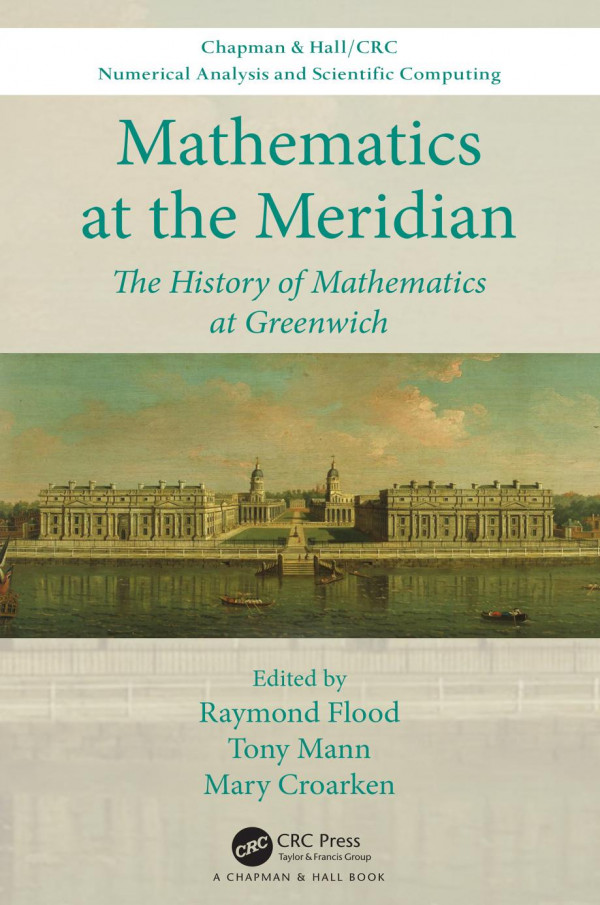

Most ebook files are in PDF format, so you can easily read them using various software such as Foxit Reader or directly on the Google Chrome browser.
Some ebook files are released by publishers in other formats such as .awz, .mobi, .epub, .fb2, etc. You may need to install specific software to read these formats on mobile/PC, such as Calibre.
Please read the tutorial at this link: https://ebookbell.com/faq
We offer FREE conversion to the popular formats you request; however, this may take some time. Therefore, right after payment, please email us, and we will try to provide the service as quickly as possible.
For some exceptional file formats or broken links (if any), please refrain from opening any disputes. Instead, email us first, and we will try to assist within a maximum of 6 hours.
EbookBell Team

4.0
76 reviewsGreenwich has been a centre for scientific computing since the foundation of the Royal Observatory in 1675. Early Astronomers Royal gathered astronomical data with the purpose of enabling navigators to compute their longitude at sea. Nevil Maskelyne in the 18th century organised the work of computing tables for the Nautical Almanac, anticipating later methods used in safety-critical computing systems. The 19th century saw influential critiques of Charles Babbage’s mechanical calculating engines, and in the 20th century Leslie Comrie and others pioneered the automation of computation. The arrival of the Royal Naval College in 1873 and the University of Greenwich in 1999 has brought more mathematicians and different kinds of mathematics to Greenwich. In the 21st century computational mathematics has found many new applications. This book presents an account of the mathematicians who worked at Greenwich and their achievements.
Features